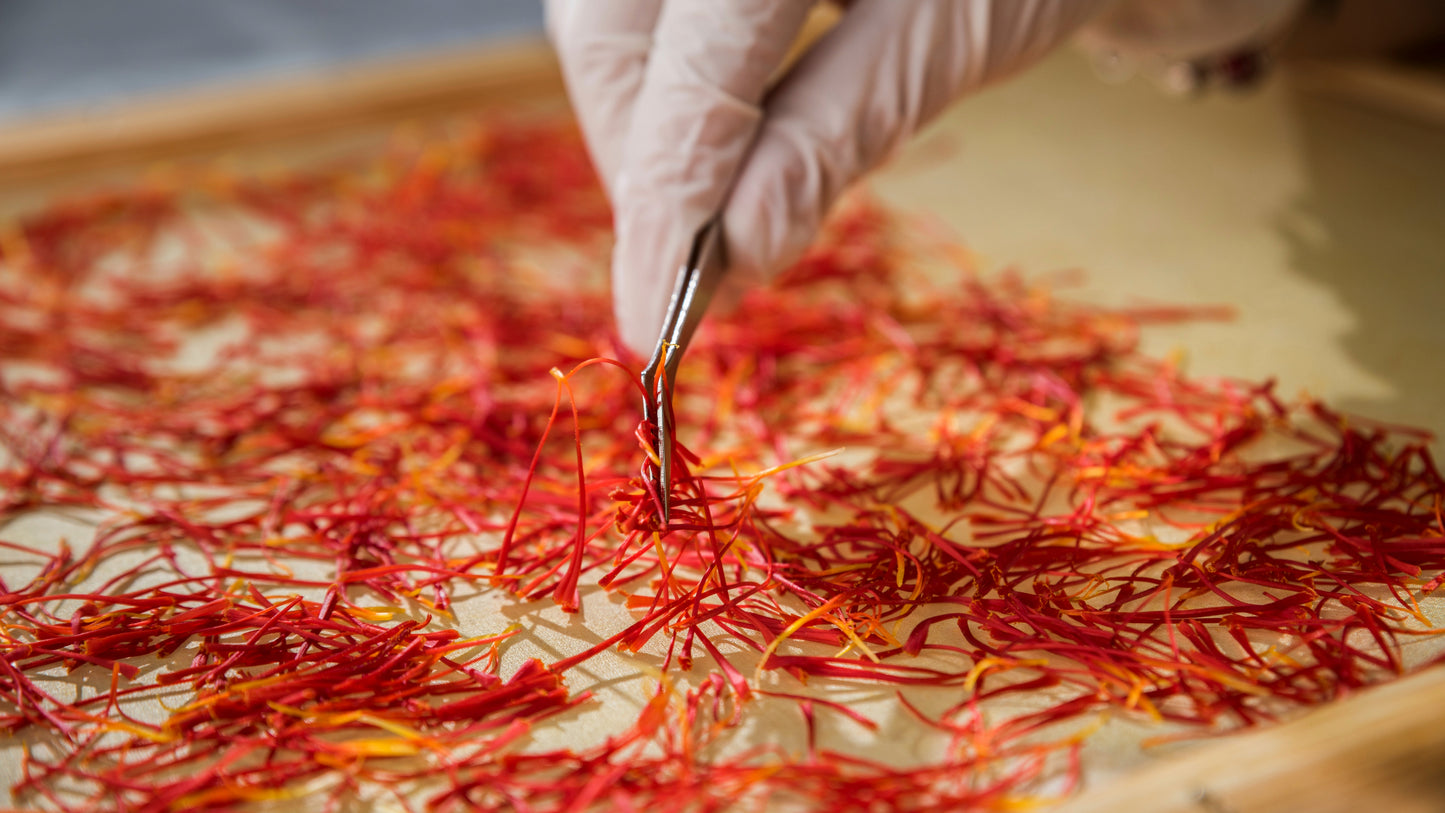At Dorreen™ Saffron, we have always celebrated the multifaceted benefits of saffron, a spice that has been cherished for its culinary and medicinal properties for centuries. Today, we delve into the emerging research that highlights the potential of saffron in managing Attention Deficit Hyperactivity Disorder (ADHD) symptoms.
ADHD is a prevalent neurodevelopmental condition that impacts the development of the nervous system. Those affected by ADHD often grapple with symptoms such as inattention, forgetfulness, hyperactivity, and impulsivity, which can significantly influence their daily lives.
Saffron, harvested from the Crocus sativus flower, is not only one of the most expensive spices globally but also boasts a range of beneficial properties, including its anti-inflammatory nature.
Recent studies have illuminated saffron's potential effectiveness in treating ADHD symptoms, particularly hyperactivity. However, it's essential to note that while these findings are promising, more extensive research is required to ascertain the long-term effects.
Several studies have explored the impact of saffron on ADHD symptoms, especially in children:
- A clinical trial involving 63 participants revealed that both saffron and the medication methylphenidate were comparably effective in treating ADHD symptoms. Notably, saffron showcased a higher efficacy in managing hyperactivity symptoms.
- Another study with 70 participants aged between 7 to 17 years found that combining saffron with methylphenidate medication led to a reduction in symptoms after an 8-week period.
- A separate study with 44 participants observed that a daily intake of 15 milligrams of saffron, along with methylphenidate medication, diminished ADHD symptoms compared to those only on the medication.
The potential mechanisms behind saffron's effectiveness in reducing ADHD symptoms are intriguing. Saffron possesses psychoactive properties and plays a role as an antioxidant. It may facilitate the secretion of dopamine, serotonin, and noradrenaline – neurotransmitters closely linked to ADHD. By increasing their levels, symptoms may be alleviated.
Additionally, saffron's anti-inflammatory and antioxidant attributes suggest that heightened antioxidant levels can counteract oxidative damage, possibly leading to symptom reduction.
For those considering saffron as a supplementary treatment for ADHD, it can be consumed directly in dishes or taken as a nutritional supplement.
While saffron presents a promising alternative, it's crucial to remember that several medications, such as Methylphenidate, Lisdexamfetamine, Dexamfetamine, Atomoxetine, and Guanfacine, have been prescribed for ADHD symptoms.
Some families also explore phytomedicine or herbal medicines, including zinc, polyphenols, vitamin C, and omega-3 fatty acids, as supplementary or replacement treatments.
In conclusion, while saffron emerges as a potential aid in managing ADHD symptoms, especially when used alongside prescribed treatments, it's vital to consult with a healthcare professional before introducing any supplements.
At Dorreen™ Saffron, we remain committed to providing the highest quality saffron and are excited about the ongoing research into its myriad benefits.
